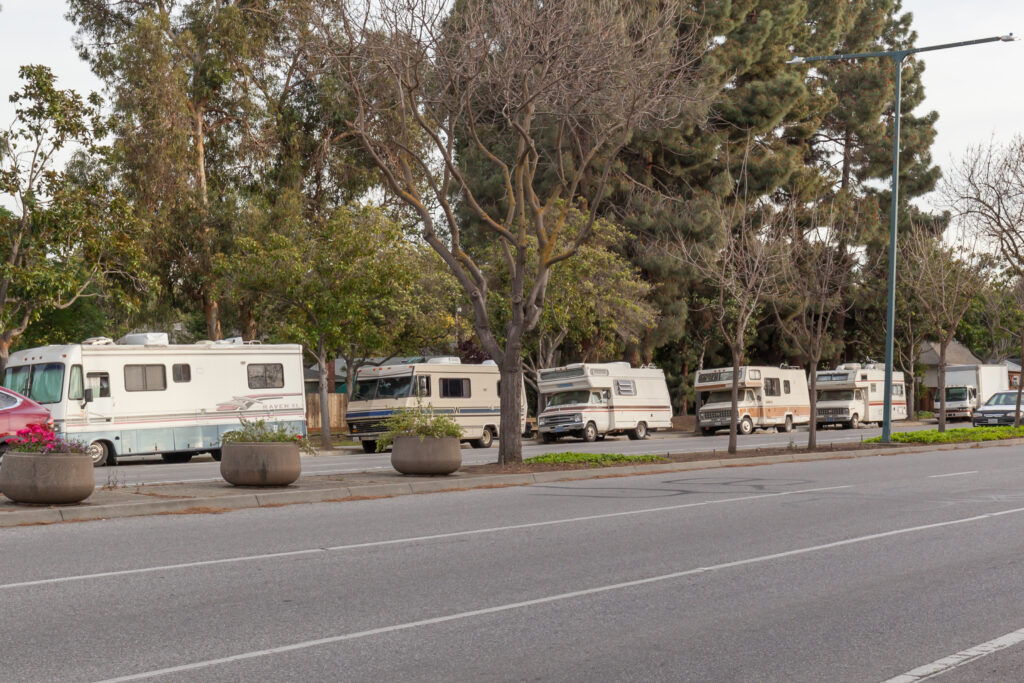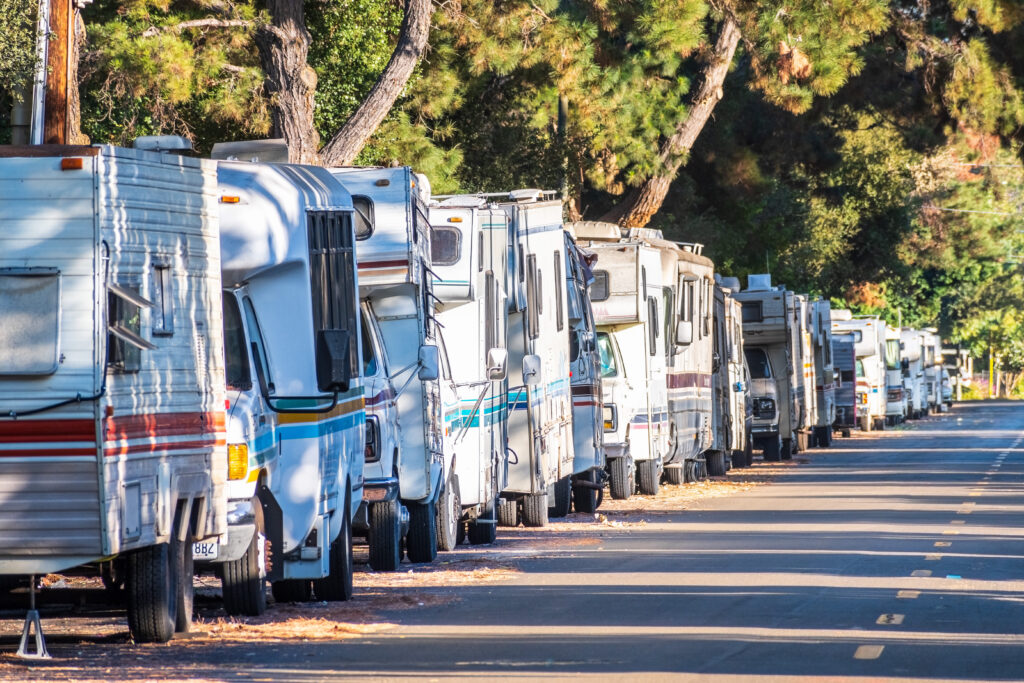The City of Pacifica along the coast of California is encapsulated with immense beauty. Residents are surrounded by the gentle waves that crash on the shore, by the golden sand that leaves a warm comfort like no other and by trails filled with serene and earthy tones.
Though they live in Pacifica, the people who reside in motorhomes are not able to enjoy the same level of serenity and stillness as others who dwell in the comfort of their homes. Instead of being treated with dignity, they are pushed into the margins while under constant pressure.

To address the number of motorhome residents, the city of Pacifica has adopted ordinances that aim to reduce the number of large automobiles on the streets. In July 2021, the Oversized Vehicles Ordinance was passed, which placed restrictions on parking for motorhome residents as a safety measure, assessing where they could park in the city without compromising the safety of other road users.
However, some are unsure about whether the city enacted this law to reduce the number of oversized vehicles or whether their sole purpose was to lessen the quantity of motorhome occupants.
Anita Rees, executive director of the Pacifica Resource Center–which seeks to provide critical resources and support to those in need–commented, “The [ordinance] was not about the vehicle being an eyesore… It really came down to a way to try to address people who were living in those vehicles and the fear based on stereotypes of people who are unhoused.”
Motorhome owners were ultimately left vulnerable by the regulation as they were forced to relocate out of the city because their vehicles did not comply with the new safety regulations.
Motorhome residents not only endure pressures at the hands of the City of Pacifica, but from the people of Pacifica as well.
During her time at the Pacifica Resource Center, Rees has encountered numerous complaints from motorhome occupants who feel unfairly treated by their neighbors.
Rees recounted several instances of discrimination where motor home residents were specifically targeted: their vehicles have been vandalized, parts of their vehicles have been stolen, and they have incessantly been bothered by others honking their horns as they pass by throughout all hours of the night.
She said that “someone’s license plate was covered with black paint to the point where their license plate was [unreadable], so that they could potentially get in trouble if they were driving or even parked.”

These numerous incidents depict how owners of motorhomes are not treated as human beings and are frequently subjected to cruel abuse from their own neighbors.
These inequitable laws and treatment from the City of Pacifica and its citizens depict the harsh circumstances that motorhome dwellers in Pacifica are forced to succumb to. In order to alleviate these pressures, it is up to the people to abandon their differences between themselves and motorhome residents.
Rees placed emphasis on the significance of relationships between motorhome dwellers and housed residents as no one should be seen as superior. She described, “It’s essential to be a good neighbor to people who are struggling economically. People living in a motorhome are often ignored and vilified. It’s so important to see them as humans, and to see them as your neighbor. They are somebody’s child and they have a family, just like all of us.”
Despite the fact that Pacifica has made some economic progress regarding disparity, such as their Safe Parking Program, it’s ultimately the responsibility of the residents of Pacifica to disregard stereotypes associated with motor home residents, and rather treat them with dignity in order to mitigate malicious acts and be able to provide funding for those in need.
